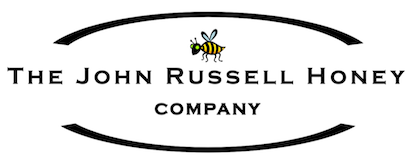Question of the Month
This question came to us directly from one of our customers who had bought a jar of bee pollen from us, and naturally wondered about the impacts on hive health of pollen harvesting. We always love to hear these types of questions because we consider it very important for people to be informed about what they're eating and where it comes from, and we know a thing or two about bee hives!
Question: Does collecting bee pollen from the hive cause stress to the overall bee colony health?
The bees collect pollen and store it in the cells closest to where they are raising their brood. They mix it with nectar to make what is called bee-bread, and this is fed to larva until they cocoon and are capped over by their nurse bees. If all of the pollen is prevented from getting into the hive, the larva will become compromised and the population will subsequently crash.
Aside from this being a cruel outcome for the bees, it also damages the colony's ability to produce additional bees and, from a human beekeeper perspective, this would be the equivalent of shooting yourself in both feet before a marathon because now your colony will not be able to produce much of anything.
How do we approach this in a sustainable way? Collecting pollen is only done after spring, and pollen traps are only left on the very strongest hives (as well as only remaining on a given hive for 2 days before being rotated to a different hive!)
There is also a top entrance where foraging bees can enter that will not have a trap on it, so the pollen intake will be reduced for 48 hours, but not entirely stopped. Established, healthy colonies will have ample reserves to deal with this brief dearth, and the overall impact will be negligible.
As well, if a colony is running short of a particular resource (water, nectar, or pollen) the colony's field force will focus primarily on that specific need until sufficient stores are collected. Bees have an amazing natural resilience and capacity to work together to overcome problems facing their population, and we can learn much from them.
Just as with collecting surplus honey, a responsible apiarist will never take too much, or too often in such a way as to compromise our bees and the health of the hive. Irresponsible beekeepers are of course not sustainable beekeepers, and soon will find themselves financially ruined. (Which, naturally, is the better outcome for bees and other beekeepers alike 🐝)
